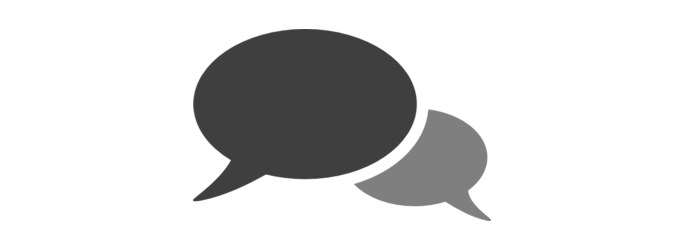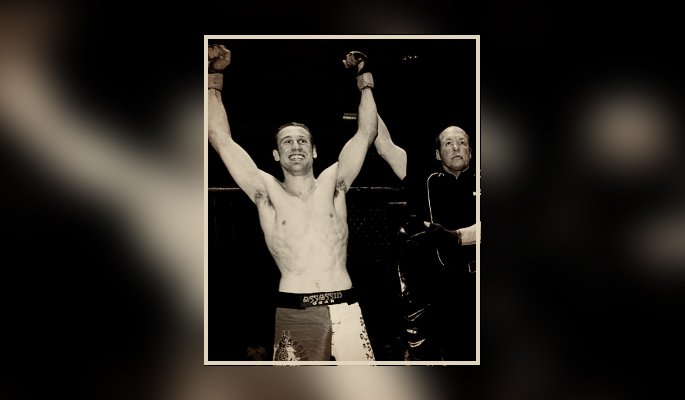Say What? Does your engagement leave others thinking you’re a hater?
Honest, unfiltered engagement is crucial to online success. But, like much of human communication, it can be a mixed bag.
I was reminded of that recently during a couple of unrelated interactions that took place on a well known blog and in Google+.
In the first instance, I happened to share my opinion of a well-known social character who loves to punctuate with profanity. The second instance had to do with photos I posted from a recent kayaking trip. Both taught me something interesting about the way we share or engage online.
In the first case, coming upon an article about Gary V. on Business GROW, I voiced my opinion that I didn’t enjoy Gary’s language – that it got in the way of his message – for me at least. Gary was kind enough to respond “live” in the comments and even sympathize with my point of view. We talked openly about his language, and he went on to offer to meet me in person the next time he was in Calgary – sans profanity of course. Other commenters took note and hinted that he may be playing me. In retrospect (and after reading his note on diffusing haters a week or so later), I have to agree. However, he did enter into a dialogue with me, which was all I needed to give him the benefit of a doubt and reconsider my stand of banning him from my workplace. However, realising that he may have considered me a hater struck hard. It had never occured to me that I may be the hater, at least in his eyes.
In the second case, I was surprised to see some of the comments that came from sharing personal photos from a recent vacation. Even though I was just showing what I’d been up to, and never claimed to be a professional photographer, many of the comments I received were critical. I have to admit, it was actually a little bit hurtful to see something I found joy in, torn apart by people who didn’t even know me.
Hurtful or not, though, I think both situations illustrate that there is sometimes a darker side to online engagement. Not all criticism is constructive, and it’s hard to know which comments can be ignored and what advice should be taken to heart.
With that in mind, here are a few things I’ve learned about the art of engaging online:
It comes with the territory. Learn from being challenged.
No matter what you do or post, there’s going to be someone who claims to either do it better or challenge the ideas you’ve shared. The nature of the Internet makes anonymous communication possible, and so lots of people who wouldn’t dream of criticizing you in real-life, have no qualms about doing so in social. Learn from the constructive comments, and take the rest with a grain of salt.
Not all criticism is hating.
One of the hardest parts of dealing with comments is learning to tell the difference between haters and constructive criticisms of your work or ideas. In the same way that many assumed I was just blindly attacking a well-known personality for his use of profanity, it’s easy to dismiss anyone who disagrees with you. It is often the feedback we get that leads us to the some of the biggest breakthroughs. Think a bit before snapping back.
Good things happen when you’re open to giving and taking feedback.
I’ve noticed recently that a number of social media marketers don’t really allow, or respond to, comments at all. To me, that’s the modern equivalent of hiding away in an ivory tower, or delivering a speach rather than having a discussion, and I personally think it’s a bad idea. If you are not engaging, you’re simply insulating yourself from your readers. Sure, criticism and disagreement might not be fun, or productive, but isn’t that better than never hearing other points of view… and possibly never discovering better ways of doing things?
We live in an age where people talk about the end of social niceties and common courtesies, especially when it comes to online behaviour. I don’t think that necessarily has to be the case, though. When blogs, social sites, and other forms of online engagement experience passionate feedback, with active give-and-take, we all benefit.
As writers and marketers, though, we need to learn when to comment and how, and to learn from the comments we receive. So tell me, has your online engagement left you feeling you may be hated or could even be a hater? Tell us about it in the Disqus commenting section below.
On that thought, I’d be remiss not to tell you that the team at Kayak has crafted a very successful online marketing and engagement training program. It includes social best practices – hope you check it out.
{{cta(‘658adad1-4807-4dcd-b45d-5b64d94a4f0e’)}}







